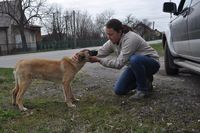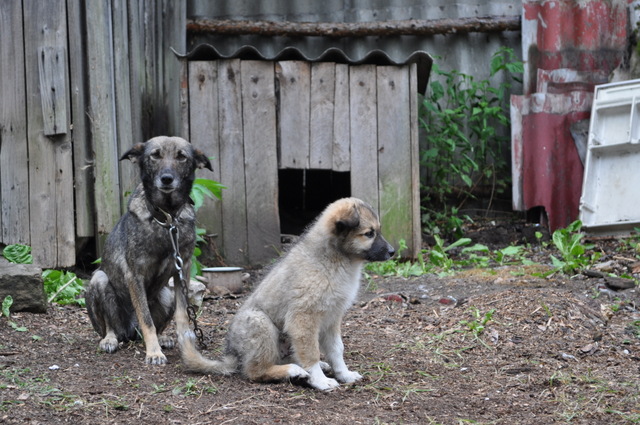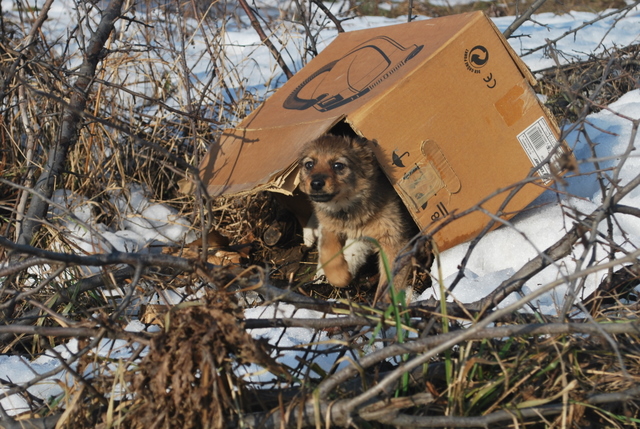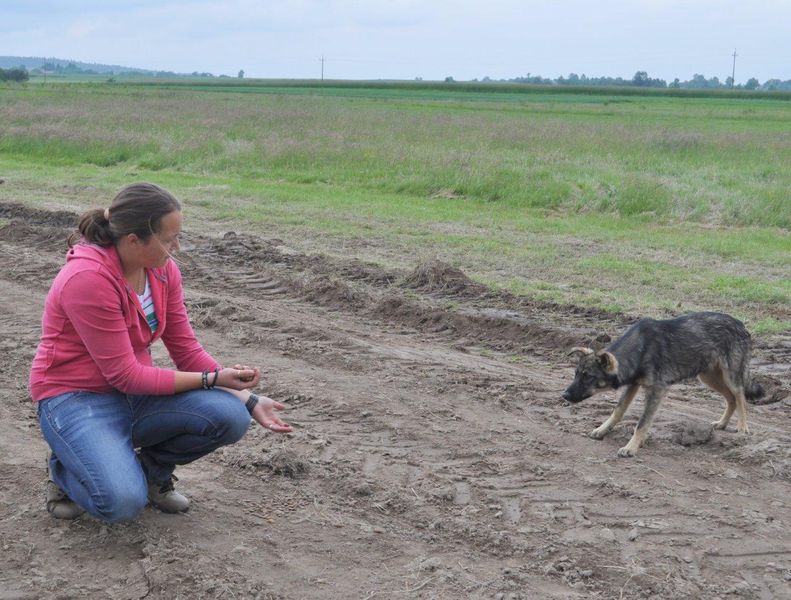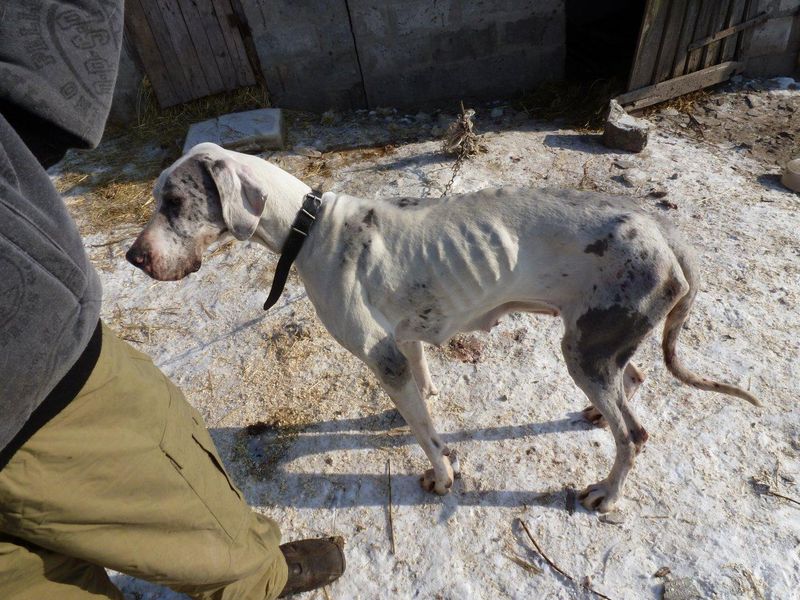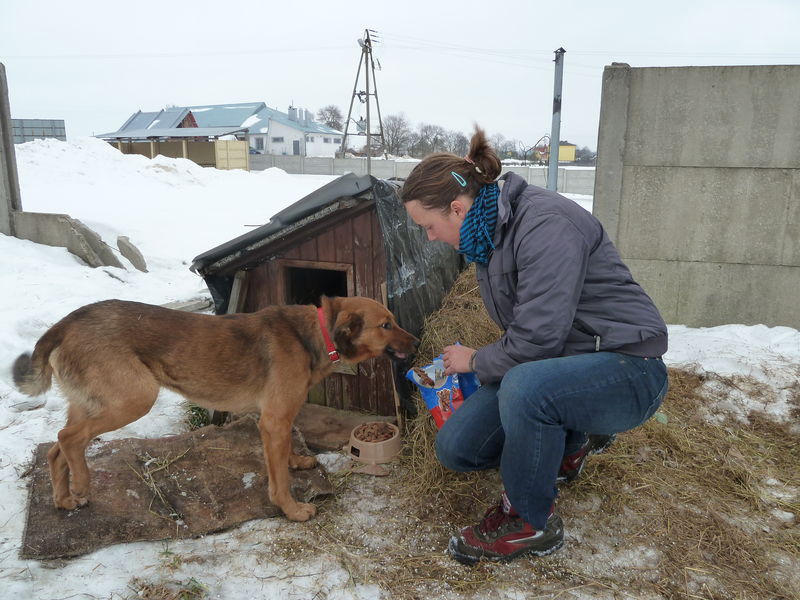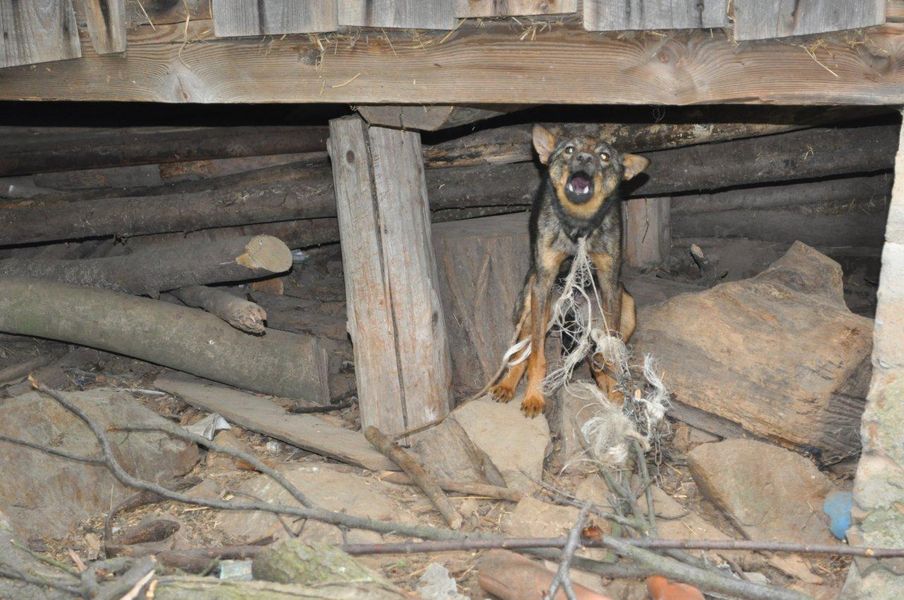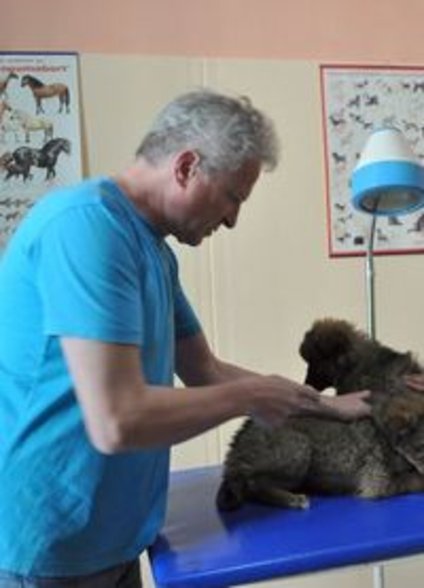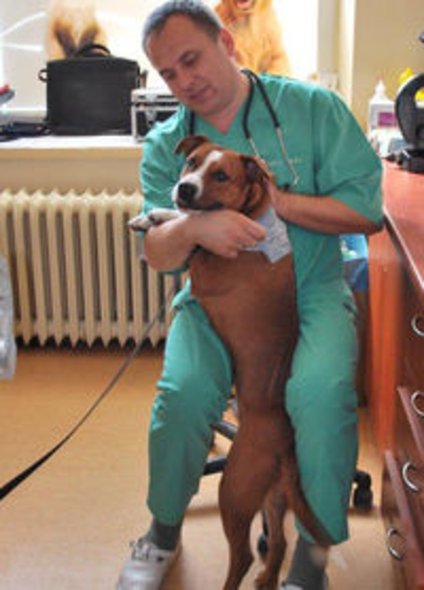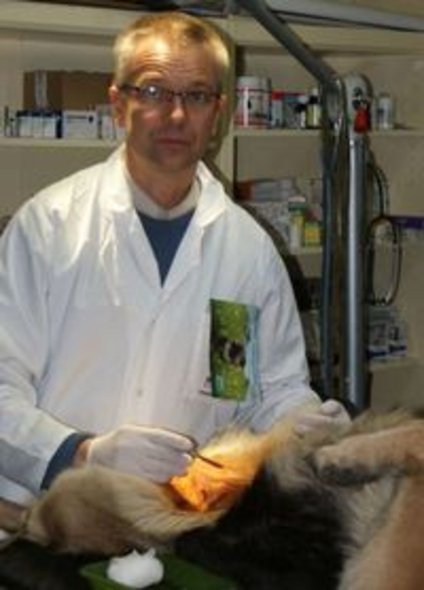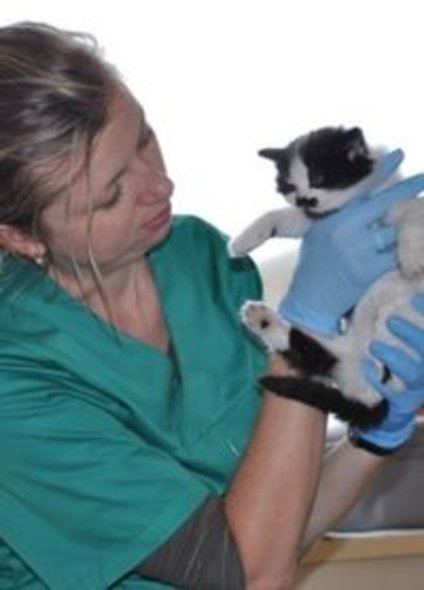We are committed to enhance the welfare of farm animals in Poland
Dogs
31. December 2022
Successful closure for our projects in Poland

A decade working for the animals: Bogdan, Anna, Nadja, Michal. Vorne Magda, Katarzyna.
31. October 2021
Poland | Wachock | Anna Lorenzen: Committed to animal welfare since 20 years

31 October 2021 – Anna’s last day of work.
31. May 2021
Poland | Wachock | Helping animals in need during the COVID-19 pandemic

Kittens suffering from cat’s flu receive medical treatment at the veterinary clinic.
![[Translate to English:] [Translate to English:]](/files/_processed_/7/0/csm_Projekte_Polen_FAS_3668860bff.jpg)
![[Translate to English:] [Translate to English:]](/files/_processed_/f/2/csm_Projekte_Polen_Rindermarkt_53b8d82817.jpg)
![[Translate to English:] [Translate to English:]](/files/_processed_/c/7/csm_Projekte_Polen_Pferdemarkt_9f282018ec.jpg)
![[Translate to English:] [Translate to English:]](/files/_processed_/3/a/csm_Projekte_Polen_Hunde_0487775f3c.jpg)
